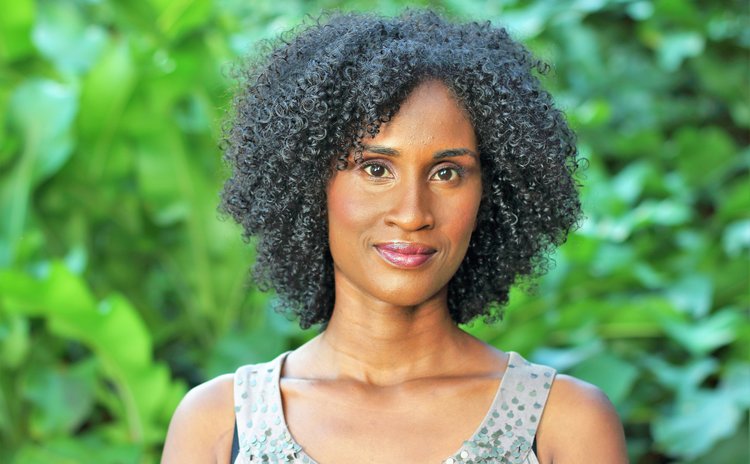Hotter isn't Better

By Farah Theodore
Climate change. 1.5°C. What does it mean to you? The issues of global warming and the imminent threat posed by reaching 1.5°C are widely discussed and researched. At present, the projection has included consideration of a 2°C increase in global levels as we are nonchalantly approaching the point of no return.
According to a recent Intergovernmental Panel on Climate Change (IPCC) report, by the decade 2006-2015, 20% - 40% of the global human population lived in regions that experienced warming of more than 1.5°C above pre-industrial levels in at least one season. Global warming is here. It's not something that can, may or will happen. The report states further that, 'a warming greater than 1.5°C is not geophysically unavoidable: whether it will occur depends on future rates of emission reduction'.
The Executive secretary of the U.N Framework Convention on Climate Change, Patricia Espinosa urges world leaders to acknowledge the catastrophic consequences of inaction. She stated in recent interviews with the Associated Press that "the window of opportunity is closing very soon" and the world has less than 12 years until carbon emissions reach "a point of no return".
Though there has been a bit of debate on the timeframe provided of 12 years (as James Skea, co-chairman of the IPCC report and professor of Sustainable Energy at Imperial College London to the Associated Press said the panel "did not say 12 years left to save the world…the hotter it gets, the worse it gets, but there is no cliff edge"), the fact of the matter is that if we maintain current lifestyles and global trends in this linear economy model, we are facing an inevitable end.
There is a general understanding that human activity has impacted our world in devastatingly indescribable ways. Though it is easy to point out population growth and declare contraceptives and abortions are the way; the underlying issue is that of toxic lifestyles, corporate greed and corruption.
Consider the agricultural industry that morphed from small sized holdings to oversized industrialized farms that focus on mass production at any price (toxic fertilizers, herbicides, GMO crops, unsustainable water and energy usage) and created agro giants like Monsanto. The world placed quantity over quality and corporate interest over people. If it weren't for corruption, the planet would not be choked by plastic and poisoned by by-products of fossil fuels being consequential to the war waged against cannabis.
It's astounding that knowing what we know, radical changes haven't been made to curb detrimental agricultural practices and move to become more sustainable, organic with the aid of advanced technology. The real issue of food security is not just preventing wastage, yield and distribution, it's the quality. A recent study found, elevated CO₂ concentrations of 568–590 ppm alone reduced the protein, micro-nutrient and B vitamin content of the 18 rice cultivars grown most widely in Southeast Asia, where it is a staple food source, by an amount sufficient to create nutrition-related health risks for 600 million people (Zhu et al., 2018) Excessive intake of CO₂ changes the chemical makeup of plants that will be harmful to humans and animals by reducing their nutritional value.
There are opportunities to write the end of this story. Continuing the focus on food security, many farmers, companies and countries such as Holland, are pushing forward with new farming practices that brings environmental benefits. Jim Giles wrote in a recent article that, "regenerative agriculture could convert farms from carbon sources to carbon sinks, and the buzz around the idea is intense". The UN estimates that the productivity of 20% of the planet's vegetated surface is declining due to soil degradation.
Essentially, to ensure food security, the use of technology is a must (data collection, improved efficiency etc); soil regeneration, organic practices and collective appreciation of what is at stake.
Wherever you are, ask yourself, what can I do? Perhaps, at home food is wasted, try new ways of preventing waste; supermarkets can donate food before it expires; as approximately half of food produced is wasted. A significant choice is cutting meat and dairy consumption. Businesses can switch from tree paper to tree free printer paper (huge contributor to deforestation). Seek ways that you can make changes in everyday choices individually and collectively to mitigate and adapt to climate change.
Remember that change is hard at first, messy in the middle and gorgeous at the end. A healthier people and planet with unparalleled beauty and vitality…isn't that a worthy goal?




